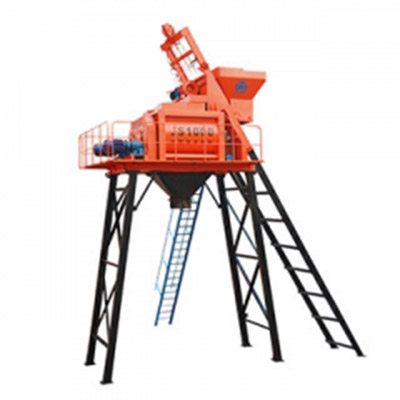Mobile:+86-311-808-126-83
Email:info@ydcastings.com
High-Quality Casting Gate Valves – Durable & Reliable Solutions
Casting Gate Valves An Overview
Gate valves are essential components in various piping systems, facilitating the control of flow in industrial applications, water distribution networks, and sewage systems. Among the methods of fabrication for these valves, the casting process stands out for its ability to produce intricate designs with high precision and durability.
What is a Casting Gate Valve?
A casting gate valve is a type of valve crafted using the casting process, where molten metal is poured into a mold to create the desired shape. This method is particularly favored for producing gate valves due to its efficiency in manufacturing large quantities and complex geometries. The gate valve features a gate or wedge mechanism that slides up and down to either open or close the flow of fluid. When the valve is fully opened, there is minimal resistance to flow, making it an ideal choice for applications that require unobstructed flow when the valve is in the open position.
Advantages of Casting Gate Valves
1. Durability Casting gate valves are built to last, often fabricated from robust materials such as cast iron, carbon steel, or stainless steel. These materials provide excellent resistance to wear, corrosion, and temperature variations, ensuring long-term performance even in demanding environments.
2. Versatile Applications These valves can be found in a vast range of industries, from oil and gas to water treatment facilities. Their ability to handle various types of fluids, including gas, liquids, and slurries, makes them a versatile choice for numerous applications.
casting gate valve

3. Effective Sealing The flat surface of the gate achieves a tight seal when closed, preventing leaks and ensuring that the system remains pressurized. This characteristic is particularly important in applications where maintaining fluid integrity is critical.
4. Ease of Maintenance Since casting gate valves have fewer moving parts compared to other valve types, maintenance is often less complicated. Routine inspections and adjustments can be performed with minimal downtime, contributing to overall operational efficiency.
Challenges and Considerations
While there are numerous advantages to casting gate valves, manufacturers and engineers must consider factors such as thermal expansion, pressure ratings, and material compatibility to ensure optimal performance. In certain high-pressure applications, for instance, a forged gate valve might be more suitable due to its superior strength.
Conclusion
Casting gate valves play a pivotal role in fluid control across various sectors. Their durability, effectiveness in sealing, and ease of maintenance contribute to their widespread use. As technology advances, ongoing improvements in casting techniques and materials will further enhance the performance and reliability of these crucial components. Understanding the properties and applications of casting gate valves is essential for professionals involved in system design and maintenance, ensuring that the right valve is selected for each specific industry need.
-
Why Should You Invest in Superior Pump Castings for Your Equipment?NewsJun.09,2025
-
Unlock Performance Potential with Stainless Impellers and Aluminum End CapsNewsJun.09,2025
-
Revolutionize Your Machinery with Superior Cast Iron and Aluminum ComponentsNewsJun.09,2025
-
Revolutionize Fluid Dynamics with Premium Pump ComponentsNewsJun.09,2025
-
Optimizing Industrial Systems with Essential Valve ComponentsNewsJun.09,2025
-
Elevate Grid Efficiency with High-Precision Power CastingsNewsJun.09,2025











